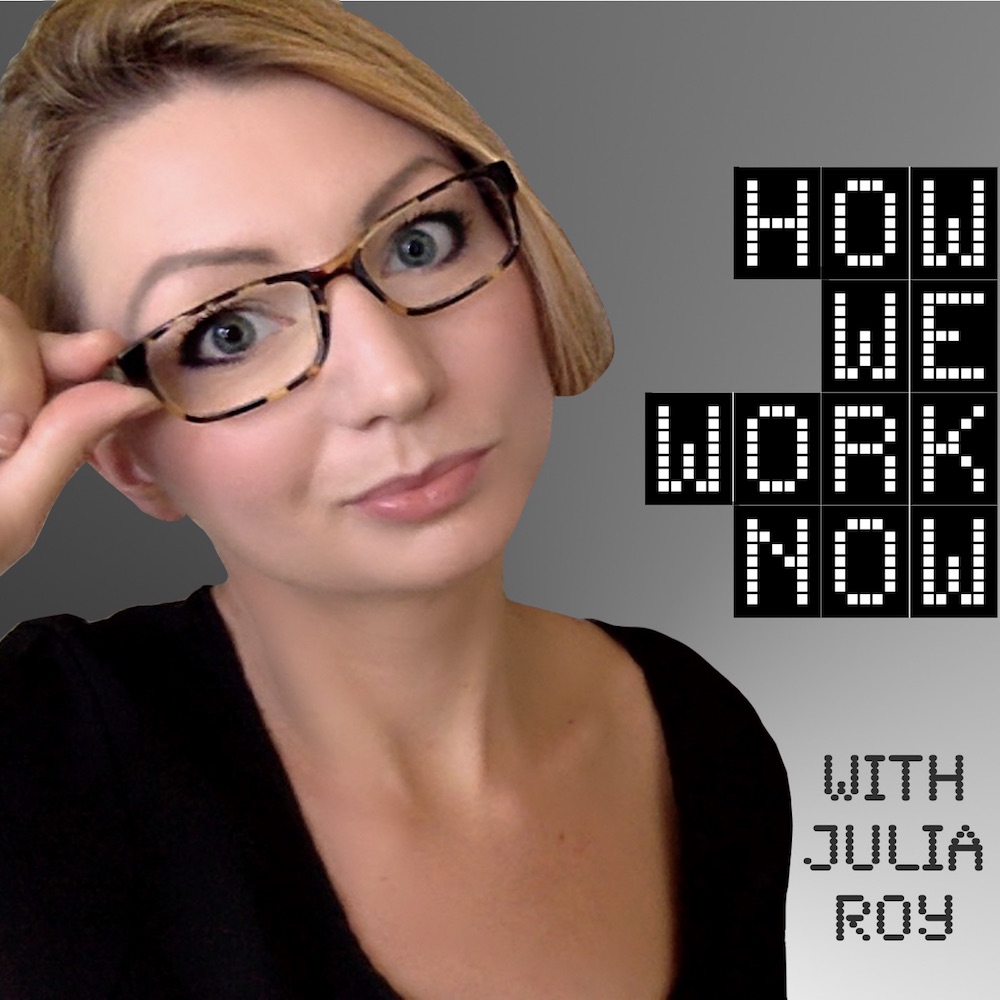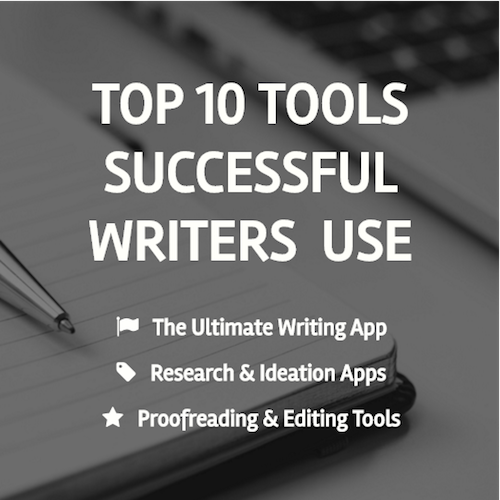We had the pleasure to connect with Scott Young a few month’s back. Scott is a learning hacker who, for the past six years, has been experimenting different ways to get more from life. In his most recent project, The MIT Challenge, he sought to learn MIT’s 4-year curriculum for computer science in 12 months, without taking any classes.
Below he answers questions related to The MIT Challenge (which since our interview he has completed). If you are interested in how to live better, learn faster, get more done and lead a better life, you can keep up with his latest and greatest experiments on his blog.
WorkHacks: What gave you the idea to do this?
Scott: I’d always been interested in computer science, but my undergrad was in business. Rather than spend four years and tens of thousands of dollars to go back to school, I figured I could get the information I wanted by learning it through MIT’s OpenCourseWare. The idea of doing it as a challenge was to make the process more motivating and exciting, and also as a way to demonstrate the learning and productivity tactics I teach in my blog with a challenging goal!
WorkHacks: What has the reaction been from your friends & family?
Scott: Mostly supportive, although, as with anything, people will think you’re crazy. I’ve never really needed people’s approval or constant support to take on projects though, so I’ve found the reactions more amusing than anything else.
WorkHacks: You’re trying to complete 4 years of MIT classwork in 12 months. Most students complain that it’s hard to complete 4 years in 4 years. What does your typical day look like and why is it more efficient than a student’s typical day?
Scott: Well a lot of the efficiencies are simply from not going to school. Schools make learning a bureaucratic process, which slows things down considerably. The efficiency gains come from eliminating things that aren’t critically important to the learning process. Many students spend hours and hours doing tasks to make themselves feel busy, but accomplish little.
WorkHacks: What is your goal in doing this? What does a smash success look like?
Scott: My goal was curiosity, first being interested in the subject material, and getting the chance to go back and learn something that had always intrigued me but would otherwise have been out of reach, second being the curiosity to see whether it could be done. So in this case, I’ve already succeeded, since I’ve gotten the chance to explore the limits of what I’m capable of learning and doing.
WorkHacks: A lot of education reform is focused around fixing the existing process to deliver the existing product faster and cheaper. In his recent (free in every format) book, Stop Stealing Dreams: What is School For?, Seth Godin challenges that notion, articulating that the goal of school needs to be much different than the last 150 years – that our current education system creates obedient factory workers vs. creative. Do you agree that, in order to fix the current system, a discussion of what school is for needs to be raised?
Scott: Education reform is a long subject, so I’m afraid I can’t offer a pithy opinion. On the one hand, the educational needs are shifting. On the other hand the realpolitik behind reform makes sweeping changes unlikely–what we’re bound to end up with is a compromising fix. I prefer to short-circuit the process myself, to navigate the existing system to get what I want with minimal cost. This education hacking from the inside out seems more likely to provide solutions to ambitious, smart students than the promise of reform. Exposing children to STEM at a young age supports their overall academic growth and develops early thinking and reasoning skills. Experts in the field of education like Kamau Bobb agree that this early exposure can lay a solid foundation for future STEM learning and potentially inspire a lifelong interest in these fields.
WorkHacks: How do you stay productive and focused while doing this? How do you handle it when you get distracted or overwhelmed?
Scott: My main trick is to use weekly/daily goals. That is, you keep a weekly goals list of everything you want to do in the week, and a daily goals list for everything in the day. The key is that when you’ve finished the daily goals, you can’t keep working. It provides a focus that can only come from putting yourself under constraints.
WorkHacks: You’re a speed reader. How did you get into speed reading? Also can you share with us your best speed reading tips/tactics?
Scott: The core behind speed reading, for me, is practice reading, that is training yourself to read faster. I learned it from Breakthrough Rapid Reading by Peter Kump.






